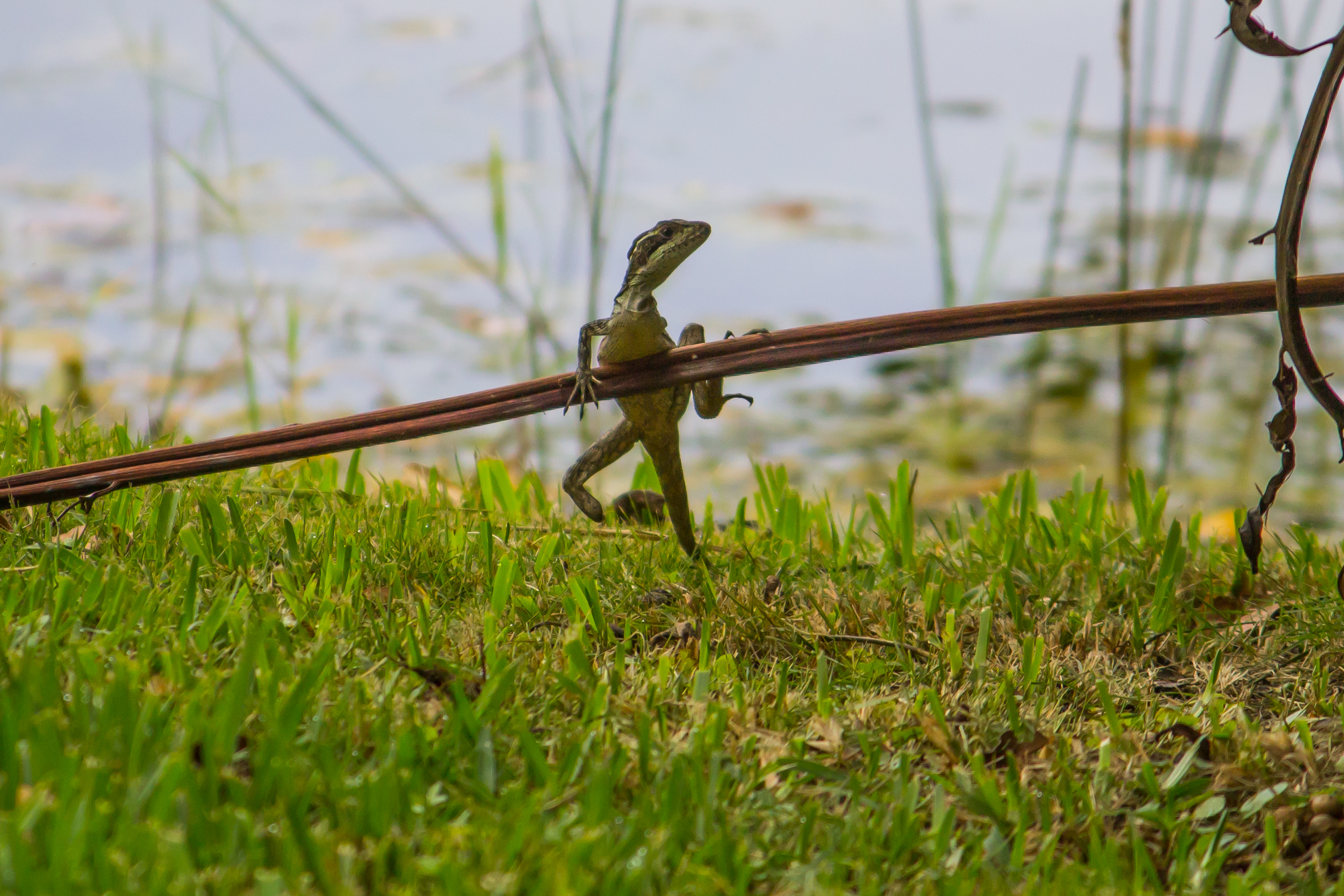
"Decades ago, the evolutionary biologist Jonathan Losos found himself chasing a lizard around an island in the Bahamas. The island was little more than mound of craggy limestone the size of a baseball diamond, and Losos, an evolutionary biologist at Washington University in St. Louis, stepped carefully around the many holes in the ground in pursuit of the reptile, which was a kind of lizard called an anole."
"When Losos saw the colorful bands of non-toxic latex that scientists use to mark individual lizards, he realized that he had caught the same lizard the year before, back when she had four legs. Now she had three, but she was still going strong. Her capture sparked the inspiration for a pet project documenting three-legged lizards that Losos and more than 50 co-authors recently published in the journal The American Naturalist."
"Losos was stunned not just by the fact that the lizard had survived, but that she appeared to be thriving. He'd studied lizard legs before, finding that ground-dwelling lizards had relatively longer and stronger legs that helped them escape predators more easily, while tree-dwelling lizards had shorter legs that made them more nimble in branches. In other words, his body of research suggested that even minute changes to a lizard's legs could drastically impact a species' survival."
A tagged anole on a tiny Bahamian island was recaptured missing a hind leg yet in good condition, appearing 'fat and sassy.' Many three-legged anoles have been documented across multiple islands through contributions from more than 50 collaborators. Amputations arise from predation and other causes, yet many individuals survive and continue to forage, evade predators, and reproduce. Limb morphology correlates with habitat: ground-dwelling anoles have longer, stronger legs for sprinting, while tree-dwelling anoles have shorter legs for maneuvering. The prevalence of surviving amputees indicates notable resilience and suggests implications for locomotion, behavior, and island population dynamics.
Read at Defector
Unable to calculate read time
Collection
[
|
...
]